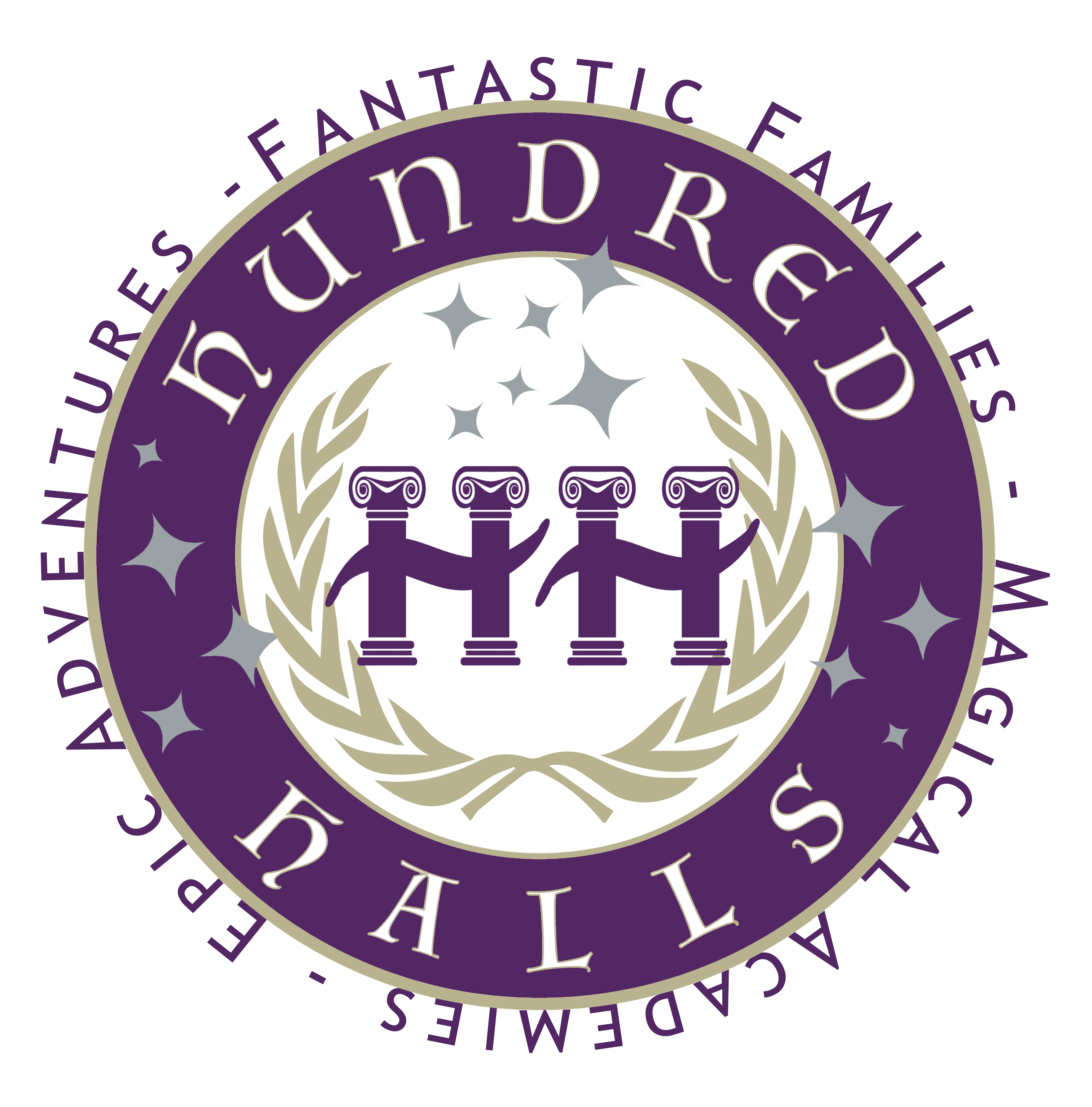When I started self-publishing in 2010 things were very different than they are now. There was no such thing as Kindle Unlimited (that began in 2014), and the market was not flooded with books yet. Authors didn’t have to decide if they were going to be exclusive with Amazon or sell their books across all retailers. You basically just needed a good book, with great editing and a great cover, and you could make some money. Like a frog in a pot of ever increasingly warm water, it was easy to miss the signs of things going wrong.
The first several years of self-publishing I spent more money than I made, but by 2015 we were starting to see a profit and eventually saved enough money from writing to put 2 kids through college and start saving for becoming a full time writer. In the summer of 2019 we published the Gamemakers Online series which we decided to make Amazon exclusive. At that time the LitRPG genre was hot for Kindle Unlimited. Readers of Game Lit and LitRPG were voracious, and many read virtually everything in the genre IF it was in KU.
We saw an increase in “sales,” or in this case reads, and decided to make all of the books Amazon exclusive. It was also a lot easier to manage the books because I only had to upload to one platform, have one version of each book, and readers were able to get the entire Hundred Halls Universe through their KU subscription. It felt like a win/win.
Then 2020 happened.
At the same time that we were taking steps toward leaving the engineering job to pursue writing as a full time career, sales began to plummet. Over the course of a year we went from making 4 figures each month to a few hundred dollars. At first we thought it was because we weren’t spending enough on ads, or publishing books fast enough, or didn’t have a big enough email list, or, or, or… We believed it was our fault. And we were right, but not for the reasons we thought.
It was our fault that we gave all our power to an algorithm. By making the books Amazon exclusive we had almost no leverage besides trying to keep up with the giants in the industry that were spending $10,000+ each MONTH on ads. Needless to say we don’t have that kind of spending power. So we ran a bunch of numbers and started thinking about how to solve our problem. In June of 2021 I quit the engineering job and we were quickly running through our nest egg.
I’m an engineer, so I’m used to problem solving, and finding cost effective solutions. The difficulty in this circumstance was that no matter how I ran the numbers it looked like a 50/50 split on whether or not we should continue to stay Amazon exclusive or go back to having the books available everywhere. I spent weeks fretting over the decision. After all, it’s a tremendous amount of extra work to have the books wide, so a 50/50 split wasn’t enough evidence to make the extra work seem viable. After a few weeks of discussions and number crunching I was still unable to make a decision.
My wife is the marketing director, and one afternoon after hearing and watching me fret over the decision she said “Do you want me to make this decision for you? If I’m wrong, I’ll take full responsibility.” Flooded with relief, I happily agreed. She immediately said “We should go wide with the books. This isn’t working and we need to pivot.” We threw ourselves into the choice and hit the ground running. Within 2 days I knew she was right and even just regaining our sense of control helped our optimism.
We are only 6 months into being wide and wow how things have changed. Profits are increasing. We’ve added direct sales and Kickstarter into our bag of tools. We have control over our brand now. We’re still making adjustments, and need to keep growing, but things are looking up. Yes, it is substantially more work, but worth every minute. Now we’re able to make hardback books, we’re starting to create audiobooks, and we can create bundles that you cannot sell on Amazon. We’re teaching our fans about direct sales and it’s starting to pay off.
I don’t think it would be fair to say that moving to Amazon exclusive was my biggest failure, but staying their too long may have been. The good news is that we have learned a lot about entrepreneurship and marketing during this past year, and every failure can truly be a step toward success if you’re willing to learn from your mistakes.
Have you had a similar experience with your book sales? What have you done to turn things around?
